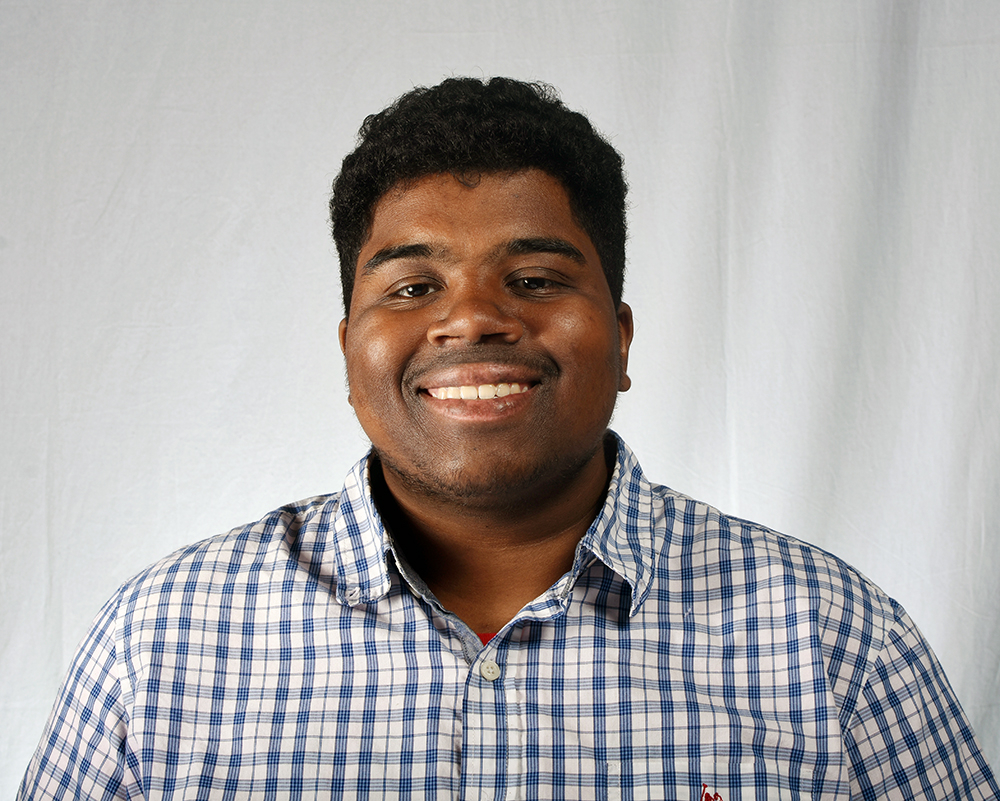Elon Price | Correspondent
If I were to show you two pictures, one of a middle-aged caucasian man with glasses and the other of a much younger African American woman with big, natural curly hair, who would you automatically assume to be the biochemist?
Perhaps, unsurprisingly, most people would answer that the white male is, as this is the image we are conditioned to associate with a professional scientist or engineer. Although their stories often go untold or are considered less important, African American scientists and engineers have contributed greatly to the fields of science, technology engineering and math (STEM).
Along with improper recognition, there is an overall lack of minorities in the STEM workforce.
According to the US Census Bureau, in 2011 African Americans made up 6 percent of the STEM workforce and this number is slowly declining. Why is this so?
Many people believe the answer lies within the African American youth and the education provided to them. African American students are still receiving unequal education. Whether it’s due to lack of resources or outright discrimination, something is not quite right.
This is something I wasn’t aware of until I began to really think about my future career path. I began to notice that many of the people in my desired field looked nothing like me, and it made me feel rather alone.
My mother did her best to ensure I didn’t feel this way by finding any information she could about black scientists and engineers, but still, it wasn’t quite enough.
Finally, she found a program that filled this void. With great enthusiasm, my mother enrolled me in Imhotep Academy.
Admittedly, in the beginning I wasn’t too thrilled with the idea of waking up at the butt crack of dawn every Saturday to endure more schooling. However, it soon became something I looked forward to every week.
Imhotep Academy is a program whose mission is to expose young minority students (African Americans, Hispanics, Native Americans and girls) to different aspects of STEM, but most importantly, it allows them to see that they can do so much more and that there are a multitude of avenues they can take to make a real difference in the world.
“A lot of times in middle school or younger, students…see different careers…but they’re not really certain as to ‘what it is it like?’ and [that’s] something that evolves, and so it gives students a chance to explore,” says Director of Imhotep and Kyran Academy, Dr. Pamela Gilchrist.
The program allows students to see how different careers can be related to each other and how an issue can be resolved through different means. It also aims to prepare students for matriculation into college.
“I want them to see that there is this cross link or connection between careers and they can be more thoughtful about what they want to do.” said Dr. Gilchrist.
Going to Imhotep gave me the ‘Aha!’ moment I was looking for. It showed me that not only can I do what I wanted to do but provided me with the tools to accomplish my career goals. It was this determination that got me exactly where I am today, an African American female studying physics at NC State University.
Imhotep Academy is held in The Science House, located on NC State’s Centennial campus.
The program takes places 3 times during the year: fall, spring and summer. The fall and spring sessions meet on Saturdays and run from 7:45 a.m. to 1 p.m, with summer sessions running as two week long camp sessions. For more information about Imhotep or Kyran Academy, search them on Facebook or visit the website: thesciencehouse.org/k12students/imhotepacademy.php.





